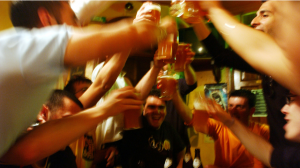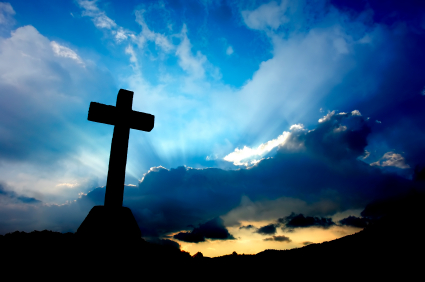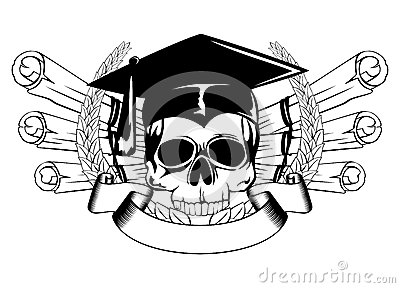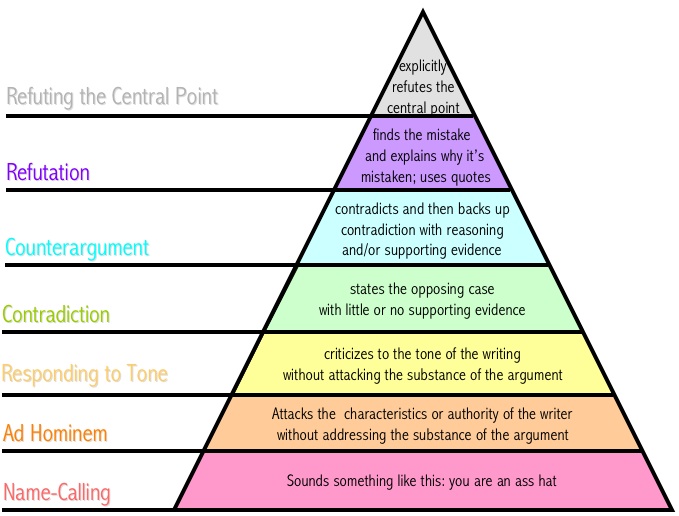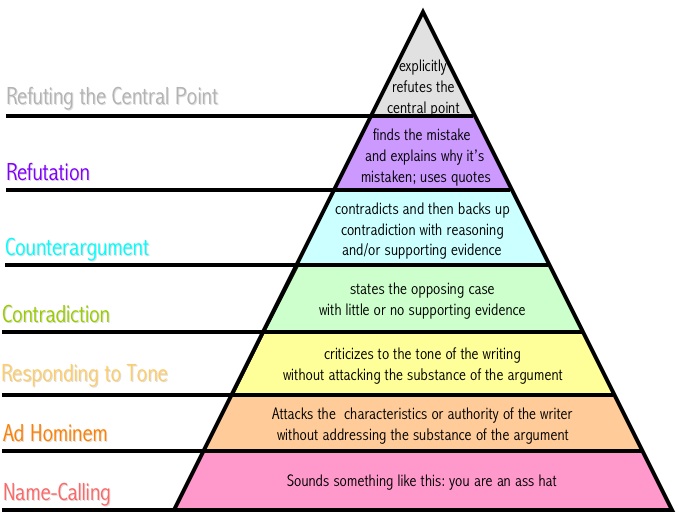A new LEGOLAND has opened in my neck of the woods, and I’m hell-bent on taking my kids there for Father’s Day. It’ll make it harder to see all the dads in my life that day, but I have good reason for wanting to do it.
Simply put, I think Father’s Day should be more about the kids than me.
I don’t want a day where I’m off the hook from my parental responsibilities. I want to celebrate being a dad by doing something my children will love.
Mood music:
That’s not meant as a swipe against dads who want to sit around on Father’s Day. There’s nothing wrong with wanting relaxation, and most of the time those dads want their kids around them. But there are also cases where the day is seen as a time for men to escape to the golf course or sleep all morning.
I’ve been particularly mindful of these things since reading a column from SI.com writer Jeff Pearlman in 2011 called “A Father’s Day Wish: Dad’s, Wake The Hell Up.”
At the time he wrote it, Pearlman was a stay-at-home dad who heard stories from moms in his community about how their husbands would never change a diaper or wake their children up for school or clean up their puke. An excerpt:
The woman started crying. I didn’t expect this, because, well, why would I? We were two adults, standing in a preschool auditorium, waiting for the year-end musical gala to begin, talking summer plans and Twitter and junk fiction and all things mindless parents talk at mindless events. Then — tears. “My husband,” she said, “doesn’t care.” She told me her husband works from home. But he never drops their daughter off at preschool. He never picks their daughter up at preschool. He never wakes up with their daughter, never puts her to bed, never takes her to a movie or a carnival or a ball game; never comes up with fun daddy-daughter activities. “All he worries about is golf,” the mother said. “Sometimes he’ll take her to the driving range for an hour. But that’s it.”
I consider myself a hands-on dad. I’ve cleaned up puke, bandaged scrapes and read to them daily until they could read on their own. I still make the lunches, and while I don’t work from home every day, most weeks I get them up, dressed, fed and off to school a couple days a week as a matter of routine.
I can’t be self-righteous about it because I’m imperfect in other ways. I remember a time early in parenthood where I preferred lying on the couch all day to actively playing with the kids. I’m also guilty of staring at a computer screen when they’re in the room.
I know many dads from my parent’s generation who were never home because they had no choice. They had to work long hours to keep the family housed, clothed and fed. I’m blessed with the type of work that allows me the flexibility to be a more active parent. That gift is what I plan to celebrate this Father’s Day.
My kids love LEGOs, which makes LEGOLAND the perfect place to go.



